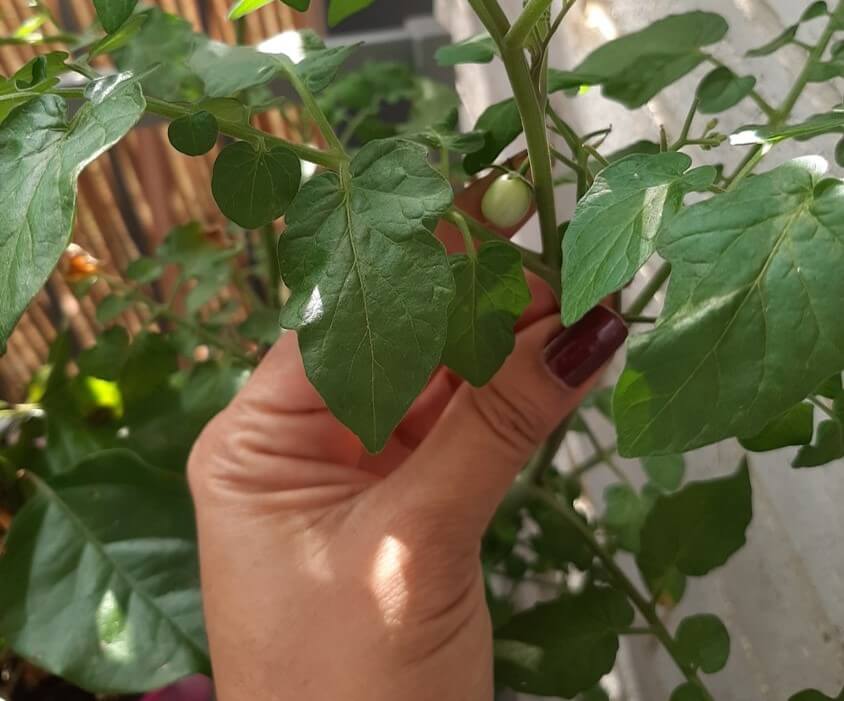05.08.2020
By Lakshmi Rajendran, UK Director, Current Global
Leadership lessons in unexpected places.

I’m a plant killer. There, I said it. Despite a lot of good intentions, I’ve never managed to keep a plant alive for any significant period of time. I’ve always assumed I didn’t have the right disposition to look after them (soil under my nails? No thanks). Or, in more melodramatic moments, I assumed there was just something about me personally that made plants want to wither up and die.
But these are unusual times. And unusual times call for uncharacteristic choices. So when lockdown kicked in, and the patio of my flat was the only outdoor space I was likely to spend time in for a while, I decided to give a few plants a death sentence another try.
I started off with a few standard potted plants, selected mostly on the basis of what colour their flowers were rather than any kind of knowledge of what kind of conditions or care they might need. I won’t lie to you, a few of them did not make it past the first week. So far so usual. But I persisted, replacing these early quitters with a pair of cherry tomato seedlings I was determined to see through to actual fruit.
Two weeks ago, I found a single tiny tomato on one of the plants and I have felt equal parts invincible and terrified ever since. Having some time on my hands to think (#lockdownliving), I realised that somehow this time had been different – and that difference had taught me a few lessons about the way in which I had set and met my own expectations. And if I were to try and extend those lessons out further, there are a few in there that apply to the workplace and the role I play as a leader in my team.
- Leadership, like gardening, is a skill, not a talent – while gardening is probably a grandiose way to describe not actively killing a pair of tomato plants, the lesson remains. It’s easy to hear phrases like ‘green thumb’ or ‘natural leader’ and assume that these are innate talents that some people have and that I (or you) don’t. But they aren’t. Whoever you are, being a good leader (or gardener for that matter) takes patience, effort and willingness. Some people may skew towards liking some things more than others do, but if you believe in the principle (if not the specifics) of Malcom Gladwell’s 10,000-hour rule (which I do) anyone can learn to be a (better) leader if they are willing to do the work.
- Micromanaging doesn’t work – I’ve been looking at that single tomato every day since I first spotted it, but it hasn’t once grown in front of my eyes. It’s just a tiny bit bigger every morning when I come back to water it. It’s important to keep an eye on your team and the work they’re doing but checking up on them every minute doesn’t help the job get done any sooner or better.
- Extra care always helps – sure you can keep a plant alive with just water, but plant food helps it thrive, not just survive. You can do all the basics for your team but taking a deeper interest in what makes them tick, what they want from their careers or what kind of work they want to do almost always ends in a more engaged and productive outcome.
- Routine and regularity matter – without giving too much away, there’s a chance some of my early plants died because the weather got warmer and I forgot to water them every day. Particularly when the world around us seems to be changing on a minute-by-minute basis, it’s easy to forget some of the ways in which we used to communicate and connect about the non-tangible elements of work life. That weekly check in to see how someone is doing may be happening over a video call rather than over a coffee, but it still needs to take place.
- Don’t freak out if the flowers fall off – unfamiliar or unexpected moments are part of every process. The best you can do is figure out why those moments happen, think how you can plan better for the next time and help your team understand why it’s not the end of the world.
- Don’t leave them hanging if you’re not around – for a while it didn’t look like summer holidays were going to happen this year. Now it looks like they are. As the date of my travel abroad inches closer, I realise I can’t just leave my plants to fend for themselves for a fortnight. Just as I’ve arranged for a kindly neighbour to water my tomatoes, I’ve done the same with making sure there’s alternative senior support around for my team while I’m away.
While these lessons have been valuable to me, I can’t kid myself that I’m suddenly a master gardener – or leader. But to my earlier point, these are learned skills and they both take effort. I’ve always been a willing leader but with just one (truly tiny) tomato to show for it I’m now a willing gardener too.
